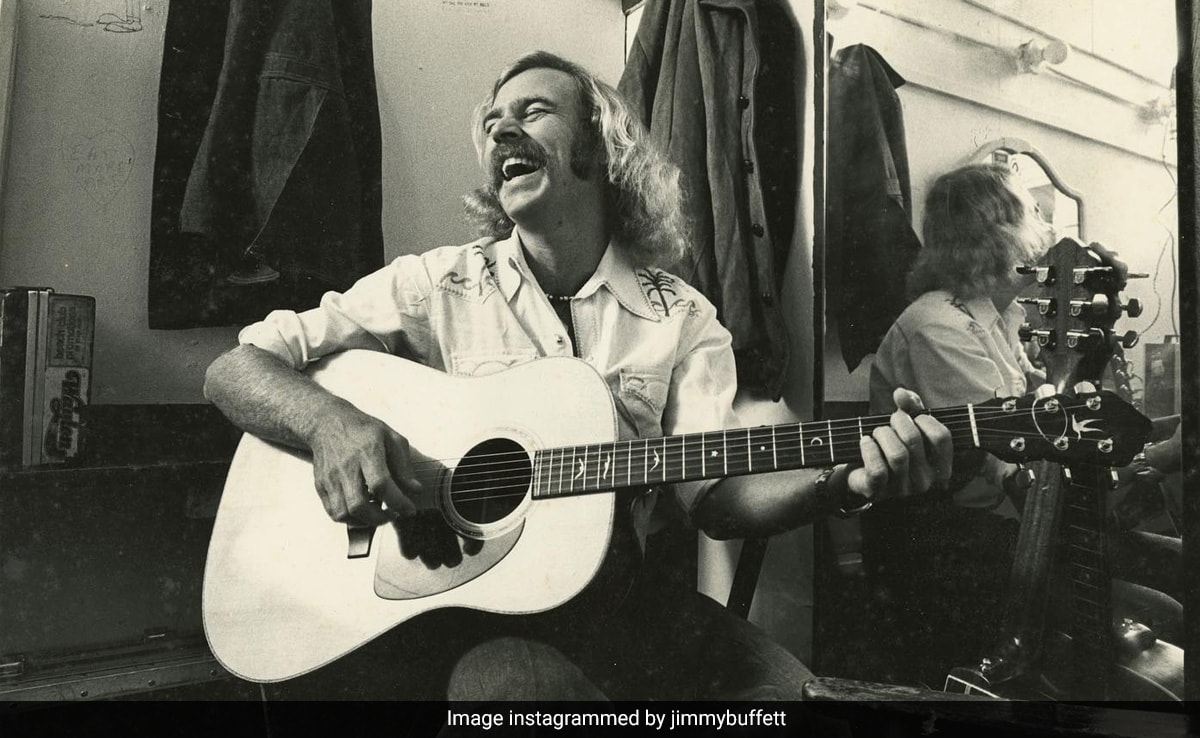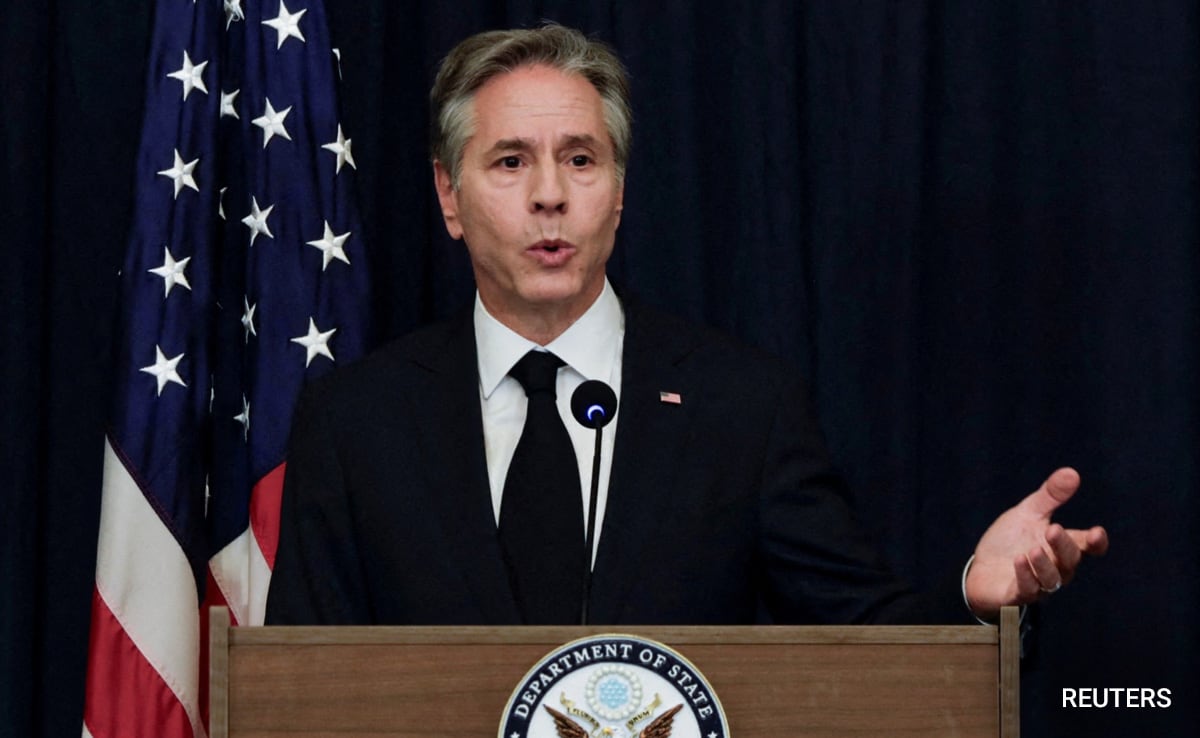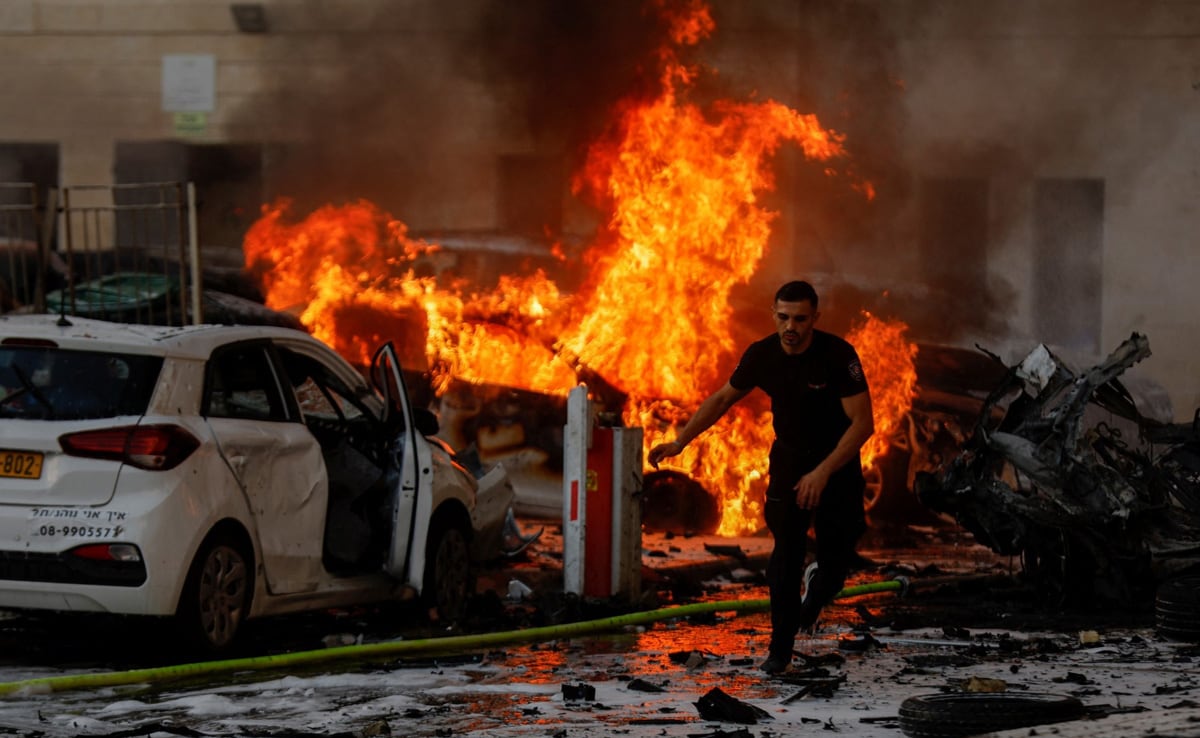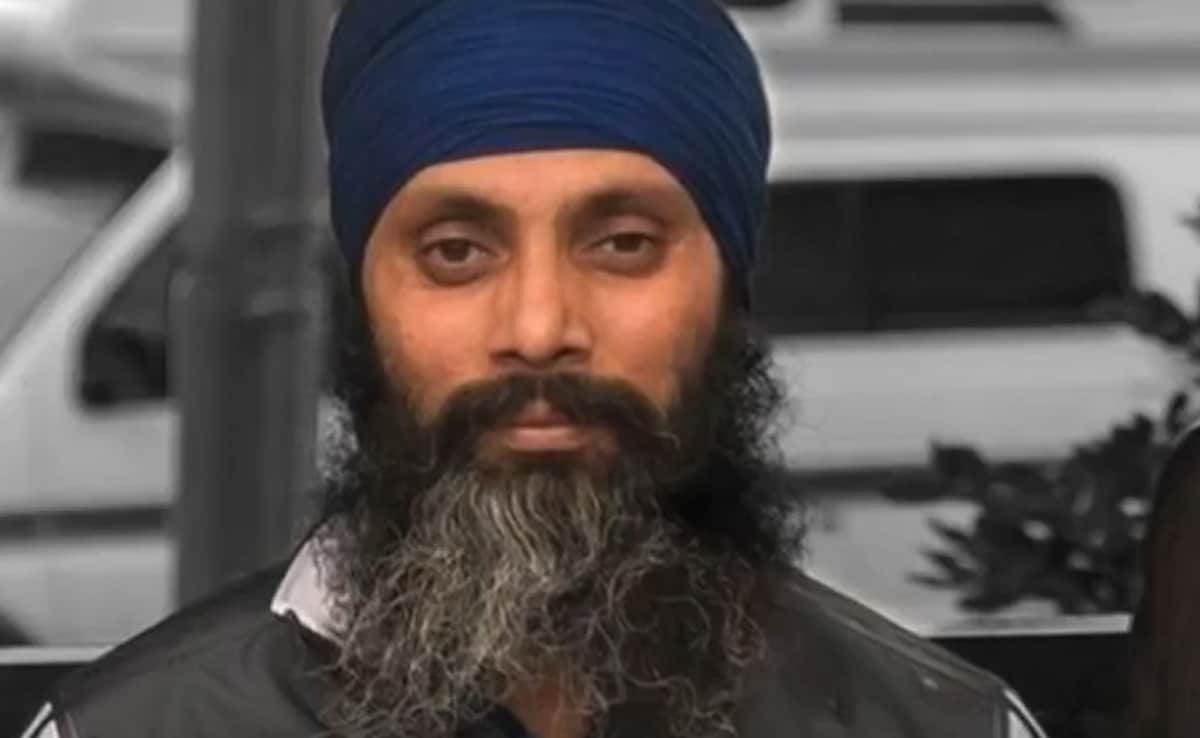With the headquarters of the ruling party burning in the back, supporters of Niger’s ruling junta celebrate in Niger after a successful coup.
| Photo Credit: Fatahoulaye Hassane Midou
On August 30, Gabon’s president Ali Bongo Ondimba was ousted after mutinous soldiers launched a coup against his government. This comes after a coup in Niger a couple months back.
African nations have seen 220 coup attempts since 1950. Globally, 490 coup attempts were made during this period. So, Africa accounts for 44.8% for all coup attempts.
Of all African countries, Sudan has seen the most coups since 1950. In this period, the country saw 17 coup attempts.
There is a decreasing trend in coups worldwide. Data collected by U.S. researchers Jonathan M Powell and Clayton L Thyne on coups from 1950 to July, 2023 July shows that from a high of 12.3 coups per year on average between 1960 and 69, the figure fell to 2.44 for the decade 2010 – 19.
However, Africa stands out. In the 1950s, most coups occurred in Latin America. On an average, 4.1 coups happened in this region per year in this decade. In Africa, the figure was at 0.5. In the 2010s, Latin America saw no coup attempts, while Africa saw 1.7 per year on average. This is still lower than the 1950s average, but the highest among other regions for the 2010s.
After 2020, we see an uptick in total coup attempts. Four years – 2020, 2021, 2022 and 2023 (till July) – saw 14 coup attempts in total. This is against the 22 total coup attempts recorded in the whole decade between 2010 to 2019. In 2021 alone, seven coup attempts were recorded, the most since 2012. Six of them were in Africa
Not always a success
As per Powell and Thyne’s definition, a successful coup is one where the chief executive in power remains unseated for at least a week after the coup. Of the 490 coups that Powell and Thyne have recorded, 244 coups succeeded and 246 failed. In Africa, an exactly equal number of coups have failed and succeeded — 110 each. Since the 1980s, the number of successful coups have been lesser than failed coups. The 2020-23 period is an exception, with nine successful coups and five failed ones.
Why do coups happen in the first place? Holger Albrecht from the University of Alabama and Ferdinand Eibl from King’s College, London have studied who starts military coups and what their incentives might be. They stated that measures like increased military spending might discourage top-ranking military officers from starting coups. In the case of combat-level officers, they noted that increased social spending that reflects on their individual welfare might be an effective coup-proofing measure.
Also read |Explained: The coups in West Africa and the regional response
Some researchers say that the pandemic may have had an effect on the economy of countries, exacerbating public dissatisfaction with the ruling governments. Islamist insurgencies in the region add fuel to the flames, leading to coups against governments that cannot or will not tackle terrorists.


